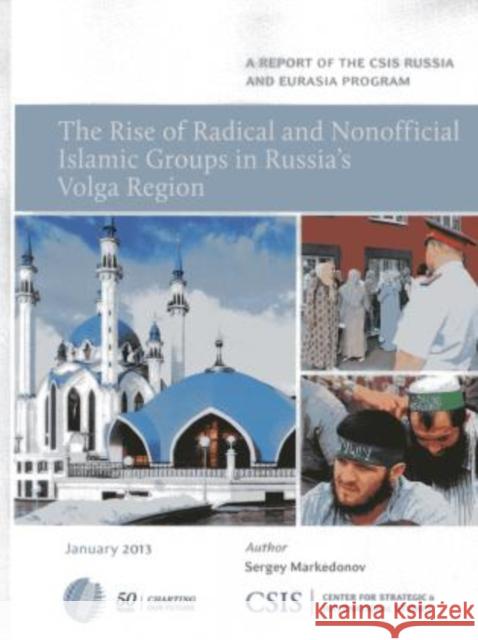The Rise of Radical and Nonofficial Islamic Groups in Russia's Volga Region » książka
The Rise of Radical and Nonofficial Islamic Groups in Russia's Volga Region
ISBN-13: 9781442224391 / Angielski / Miękka / 2013 / 40 str.
In the two decades since the dissolution of the USSR, Russian and Western experts, human rights activists, and journalists have become accustomed to the political violence of the North Caucasus. Terrorist bombings and acts of sabotage in Dagestan, Ingushetia, and Chechnya are perceived as somehow intrinsic to the region. But a recent tragedy in the Volga region suggests that this sort of violence--and the Islamist terrorists who perpetrate it--may not be confined to the Caucasus. With these attacks and counterattacks, the problem of inter-Islamic tensions in the Volga region suddenly became real. To examine this increasingly serious situation, this report sheds light on the ideological sources and resources of radicalism in the Volga region, nonofficial Islamic movements' support among the regional population, and opportunities for the potential growth of different forms of Islamist activities. It describes the origins of different nonofficial Islamic movements, as well as their post-Soviet development, ideology, and relationship with the authorities and official Muslim clergy. The report also offers practical approaches both for Russian domestic policy and for the U.S.-Russia security cooperation agenda.











